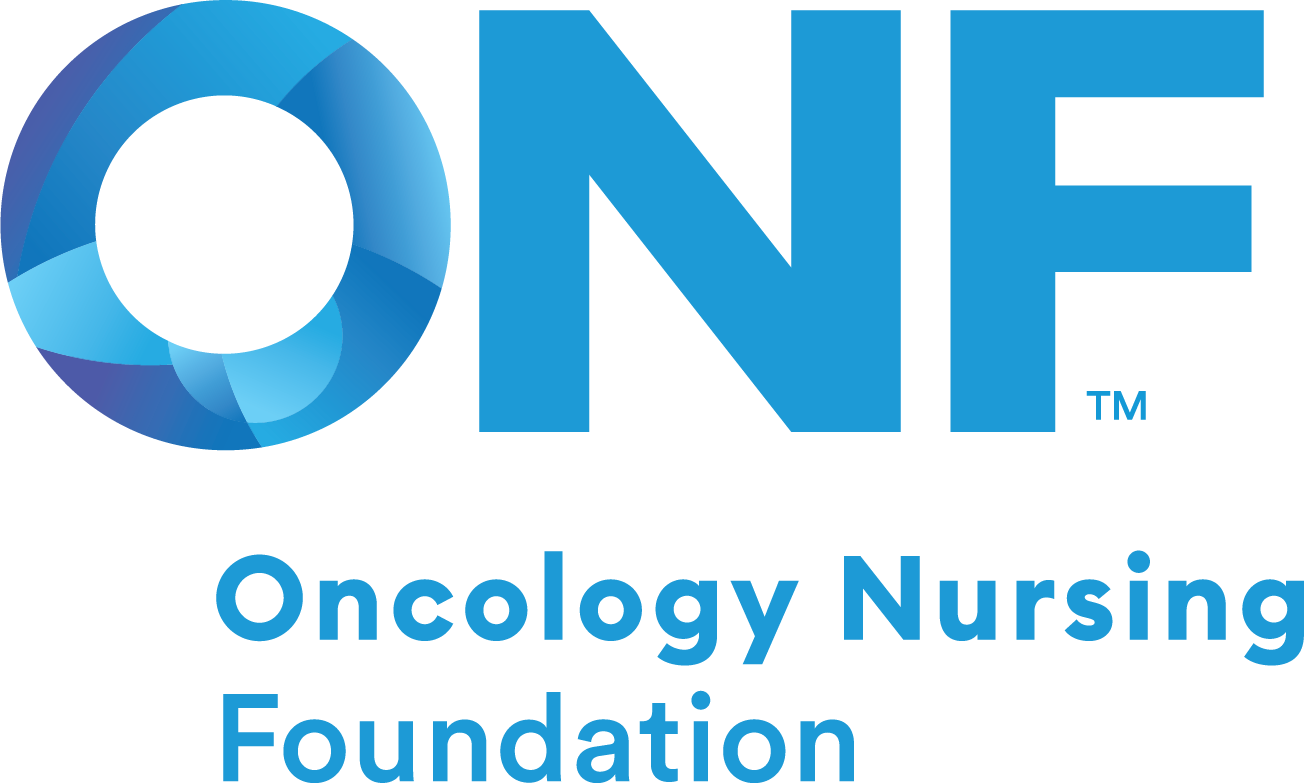It’s Never Too Late to Change Your Path

It wasn’t until John Merriman was in his early 30s — ten years after earning his undergraduate degree in communications — that he started graduate school, enrolling in the Masters Entry Program in Nursing at the University of California, San Francisco (UCSF).
The research grant from the Oncology Nursing Foundation is an essential stepping stone for awardees because they can use the findings from that research to go for an NIH grant.John Merriman
Now, John is making up for lost time: He just started his first year as an assistant professor at New York University Rory Meyers College of Nursing and he walked in as an independently funded principal researcher.
“Usually when faculty just start their positions, they aren’t fortunate enough to have funding immediately from the federal government,” he explains. “I am fortunate to already have funding from the National Institutes of Health (NIH) only because of the ONS/Sigma Foundation for Nursing Research Grant I received earlier.”
In 2014, John received $25,000 from the Oncology Nursing/Sigma Foundation for Nursing to pursue his research, “Brain Biomarkers of Cognitive and Mood Changes Related to Anastrozole Use.” This Oncology Nursing Foundation-funded study led to his current five-year NIH-funded project, which looks at ways mindfulness-based stress reduction can be used by patients with breast cancer. He’s specifically using brain imaging to examine how reducing stress may improve cognitive function of patients with cancer.
“Some of my patients told me that they had difficulty concentrating and remembering things and that they were concerned about whether this difficulty might continue after treatment. There was a great deal of variability among my patients in their experiences with these cognitive changes, and research is the best way to shed light on why this variability exists and what can be done for those most at risk.”
All the work John has done so far, combined with his current research, looks at how cancer impacts performance of cognitive tasks and how patients perceive their cognitive function.
“The research grant from the Oncology Nursing Foundation is an essential stepping stone for awardees because they can use the findings from that research to go for an NIH grant,” says John. “NIH will not award you a grant unless you have this type of preliminary research completed.”
John’s goal is to build the case to apply for a larger NIH grant to answer the scientific questions his current research is uncovering.
John credits his past patients for his promising path ahead. “I think my interactions with patients early on really helped me grow as a human being. They helped me see the value of each moment and appreciate the fragility of life.”

